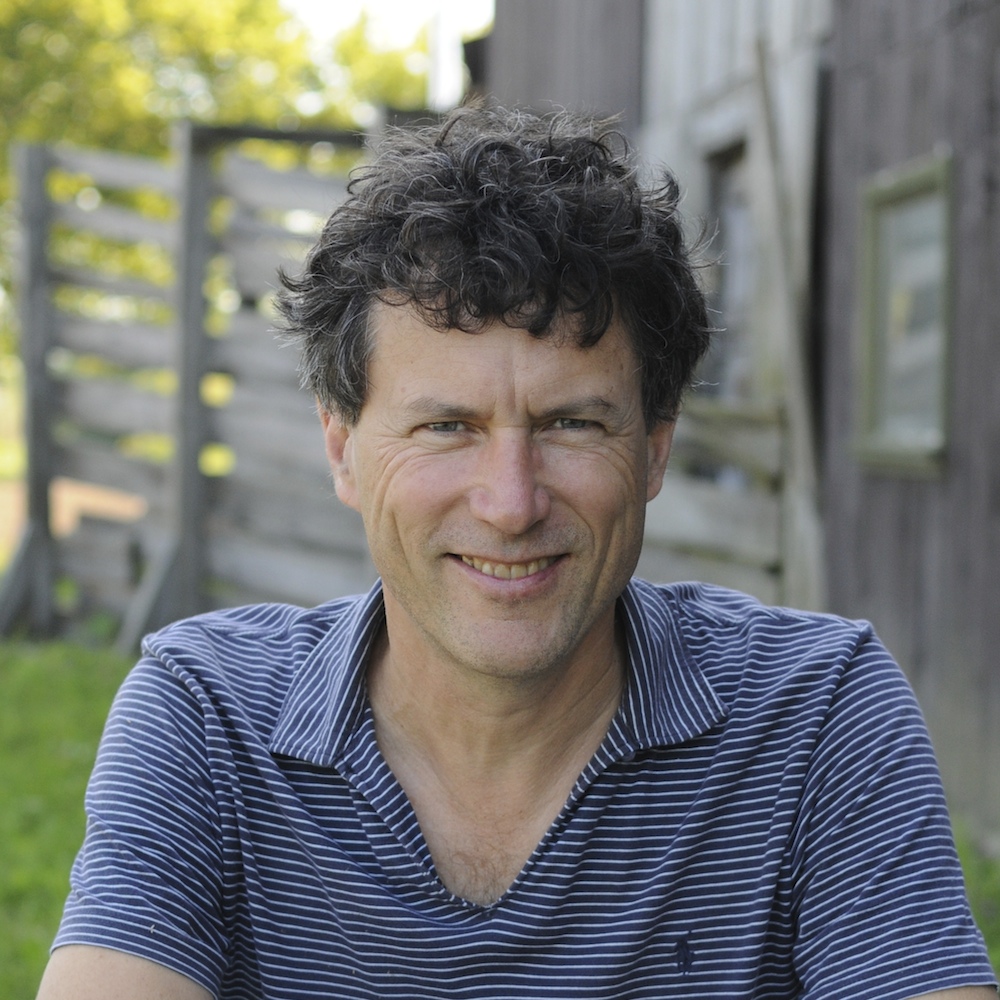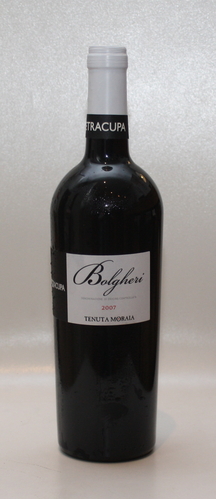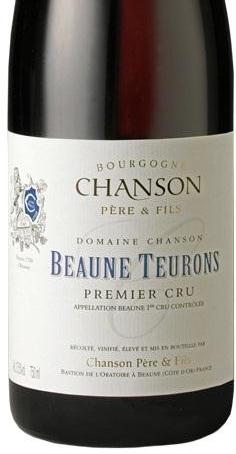The plan was to get to Gilead during the afternoon lull, around 3pm when the last of the lunch diners had melted away. But it didn’t work out: the jar-lined and window lit dining room was full with sippers and snackers, so we had to retire through the kitchen to Jamie Kennedy’s inner sanctum of an office to discuss his next move: the return of the Jamie Kennedy Wine Bar, or rather the Gilead Wine Bar, which opens for regular evening service on December 5.
Once we had sat down, Kennedy said he is re-visiting the wine bar concept because Corktown has “grown-up” around him. What became Gilead was meant, at first, as a commissary kitchen for his restaurants and catering business. Kennedy explained the initial decision to rent the building at Gilead Place was simply based on it’s proximity to downtown and the highway. “In 2006 this was an industrial neighbourhood,” and he never would have foreseen it as a place to that could support a fine dining restaurant. Now, more than seven years later, he thinks the area is ready for a reincarnation of the small plates, wine focused sort of restaurant that redefined Toronto dining in the first decade of this century.
Kennedy concedes that his “whole working and private life has been topsy-turvy over the last six years, and I’ve been in recovery mode and battening down the hatches,” and that his attention had been “diverted away from the the front lines of the restaurant and focused more on the financial world and trying to survive.” But, having weathered the worst of the financial difficulties, brought on by rapid expansion that peaked at the time of the last financial crisis, the chef sees an opportunity to get back into evening service.
Kennedy, who is a trained sommelier in his own right, hopes to recapture the spirit of his original wine bar on Church Street (where GFR’s Jamie Drummond famously served as sommelier and managed the clambering crowds). Kennedy sees some parallel in the origins of each manifestation of his wine bar concept, in so far as neither was planned from the beginning. He explained the at the Church Street wine bar was designed primarily as an event space, since catering events was a big part of his business at JK ROM, his restaurant at the Museum (1994-2003) and, he disclosed the margins are better. In fact, Kennedy went on to say, in 2003 when he opened the Church Street space his intention was to spend far less time in Toronto and develop his farm in Prince Edward County along the lines of the Eigensinn Farm restaurant established by his friend and former colleague Michael Stadtlander. He said, “I felt that to leave the city with a catering business was less risky than to leave the city with a restaurant.”
Of course, that’s not what happened. As a side thought to the catering space, Kennedy and his team decided to build “a little wine bar” in the space “to have public access, because that’s what we do.” He said the initial idea, to have a small exposed kitchen, offering small, simple plates of food across from a bar, came out of a 30 minute conversation, and was designed so as not to “drain a lot of our resources.” It was a little thing they’d do on the side. “Well,” he says laughing describing what happened when they opened the doors at 9 Church, “that original thinking lasted for about three days; the response we had was amazing.”
Indeed, spurred on by word of mouth on nascent food sites like eGullet and Chowhound and a rave review from über-critic Joanne Kates, Jamie Kennedy Wine Bar became the hottest table in Toronto, with a strict policy of no reservations. “It was one of those places where you’re lucky enough to capture the zeitgeist, and the people have evolved enough to want what you are serving – they may not have been able to articulate it, maybe, but when you presented it to them they said ‘yes, this is what we want.'” Kennedy continued, “You’re very lucky in the restaurant business to be able to that once… maybe.”
Having experienced the frenzy of the Church Street wine bar a decade ago, Kennedy is guardedly optimistic about opening the Gilead Wine Bar: “This place is an attempt to capture that same idea – offering people something they’re comfortable with.” And while the wine bar concept is now 10 years old, Kennedy believes it has as much currency today as then, adding, “It’s the way I like to eat myself, and it fits into what we’ve been doing here.”
Kennedy has hired a sommelière, Emily Pearce Bibona (stay tuned to GFR for details), and has been tweaking his kitchen, but this wine bar will be distinctly a Gilead version with a focus on local foods and an Ontario wine list. Kennedy is excited by how the culinary scene has evolved over the last decade remarking he could not have opened the Church Street wine bar with an all local wine list, or even been confident enough to serve an all Ontario plate of cheese. Kennedy intends to seek out small producers, especially winemakers, who only sell from the farm gate. In his Toronto office, he was visibly excited at the prospect of driving all over Niagara and Prince Edward County to buy one or two cases of wine, and he said, “When you’re not playing the whole world, but just playing a particular part of it, it can be challenging, but it can also be very rewarding when you find those hidden gems.”
 Malcolm Jolley is a founding editor of Good Food Revolution and Executive Director of Good Food Media, the company that publishes it. Follow him at twitter.com/malcolmjolley
Malcolm Jolley is a founding editor of Good Food Revolution and Executive Director of Good Food Media, the company that publishes it. Follow him at twitter.com/malcolmjolley








Trackbacks/Pingbacks